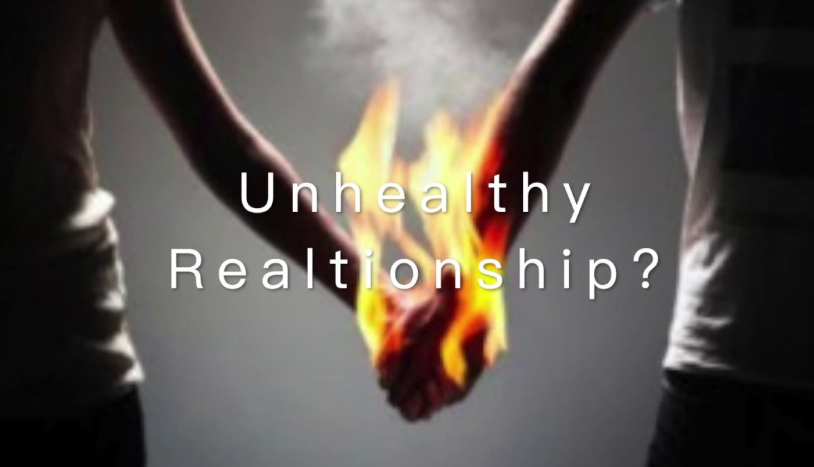The concept of “loving too much” is somewhat paradoxical. Love, in its purest form, is a positive and nurturing emotion. However, when love becomes obsessive, overly self-sacrificial, or enables unhealthy behaviors, it can be detrimental to both individuals in the relationship. Loving “too much” can often mask underlying issues, such as codependency, low self-esteem, or fear of abandonment. Let’s explore the signs, risks, and understanding of when love may become “too much.”
Signs of Loving Too Much:
- Loss of Self-identity: You prioritize the needs and desires of your partner so much that you lose sight of your own needs, interests, and passions.
- Neglecting Personal Needs: You consistently sacrifice your own well-being, time, or resources for the sake of your partner, even if it’s detrimental to your health or happiness.
- Constant Fear of Abandonment: You’re always worried that your partner will leave you, leading you to become overly clingy or jealous.
- Tolerating Disrespect: You allow your partner to treat you poorly, thinking that enduring such treatment is a testament to the depth of your love.
- Obsession: You’re constantly thinking about your partner to the point where it affects your daily functioning or mental health.
- Justifying Harmful Behaviors: You make excuses for your partner’s harmful behaviors or actions because you believe your love can change them.
- Neglecting Other Relationships: You isolate yourself from friends and family, focusing solely on your partner.
- Low Self-esteem: Your self-worth is entirely dependent on your partner’s affection and approval.
Risks of Loving Too Much:
- Emotional Exhaustion: Continuously giving without receiving can lead to burnout and emotional fatigue.
- Unhealthy Dependency: Over-reliance on one person can lead to codependency, making it difficult to function independently.
- Mental Health Issues: Anxiety, depression, and low self-worth can arise from an imbalanced relationship.
- Stagnation in Personal Growth: Focusing solely on another person might mean neglecting personal growth and self-improvement.
- Being Taken Advantage of: A person who loves “too much” can become an easy target for manipulative individuals.
- Loss of Personal Freedom: You might feel trapped in the relationship, as your actions and decisions are always centered around your partner.
- Physical Health Risks: Extreme stress from an imbalanced relationship can have tangible effects on physical health, including sleep disturbances, weight changes, or other stress-related health issues.
Finding Balance:
- Self-awareness: Recognize and accept your feelings without judgment. Understanding why you feel the way you do is the first step toward addressing any issues.
- Seek Therapy: A professional can provide insights into behavioral patterns and offer strategies for developing a healthier relationship dynamic.
- Strengthen Self-worth: Engage in activities that boost your self-esteem and reinforce your value outside of the relationship.
- Open Communication: Discuss your feelings and concerns with your partner. A healthy relationship thrives on mutual respect and understanding.
- Maintain Independence: Cultivate personal hobbies, maintain relationships with friends and family, and ensure you have time for yourself.
Conclusion:
While loving deeply and passionately is a beautiful aspect of human relationships, it’s crucial to ensure that such love remains healthy and reciprocal. Balance, mutual respect, and self-awareness are key components of a healthy loving relationship. Remember, it’s not about loving less; it’s about loving wisely.





















0